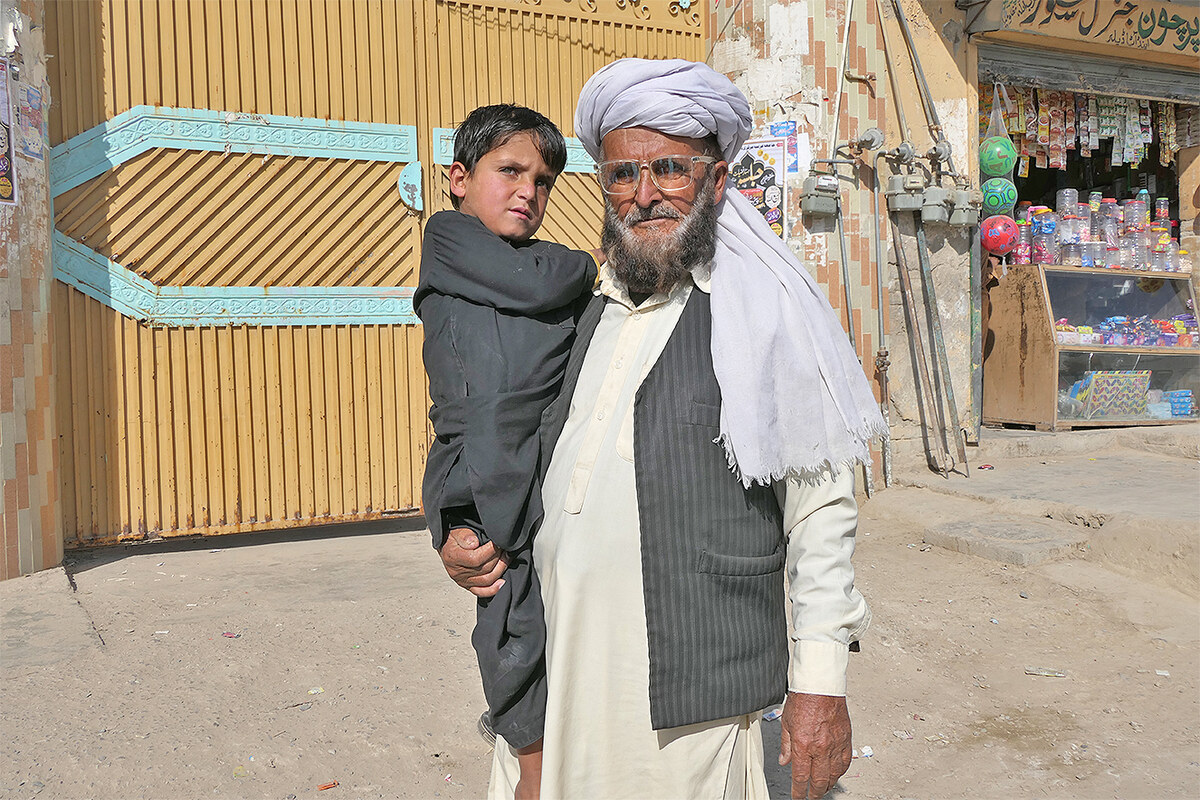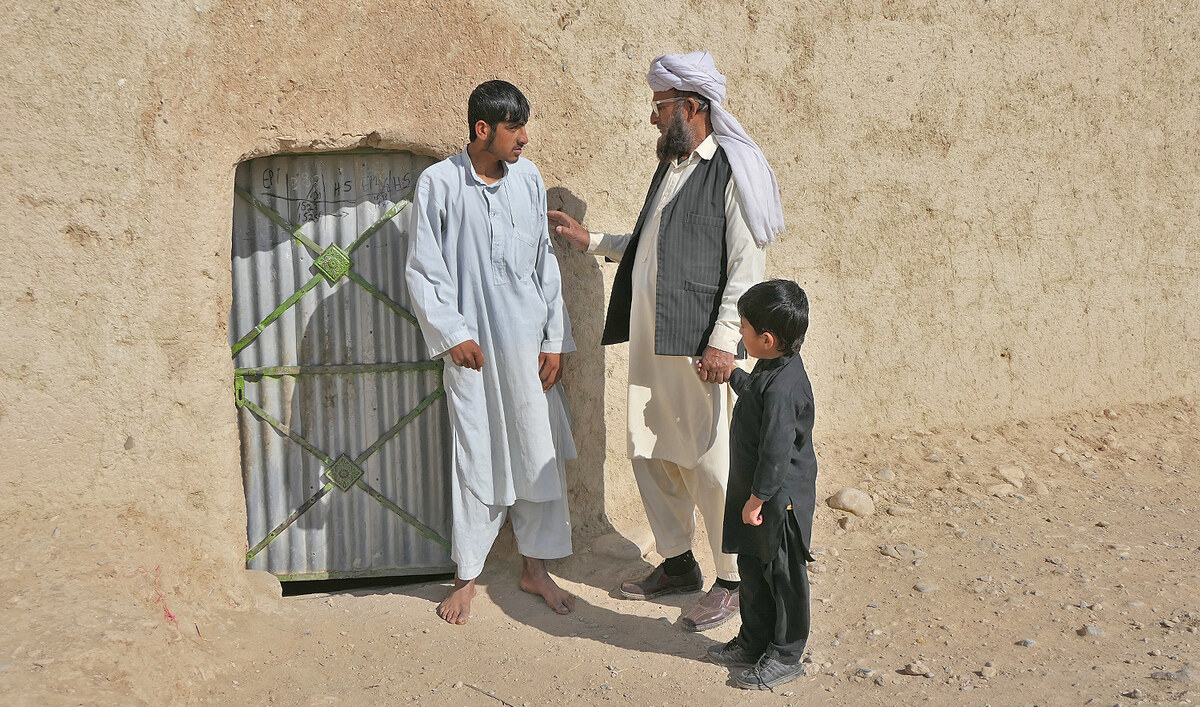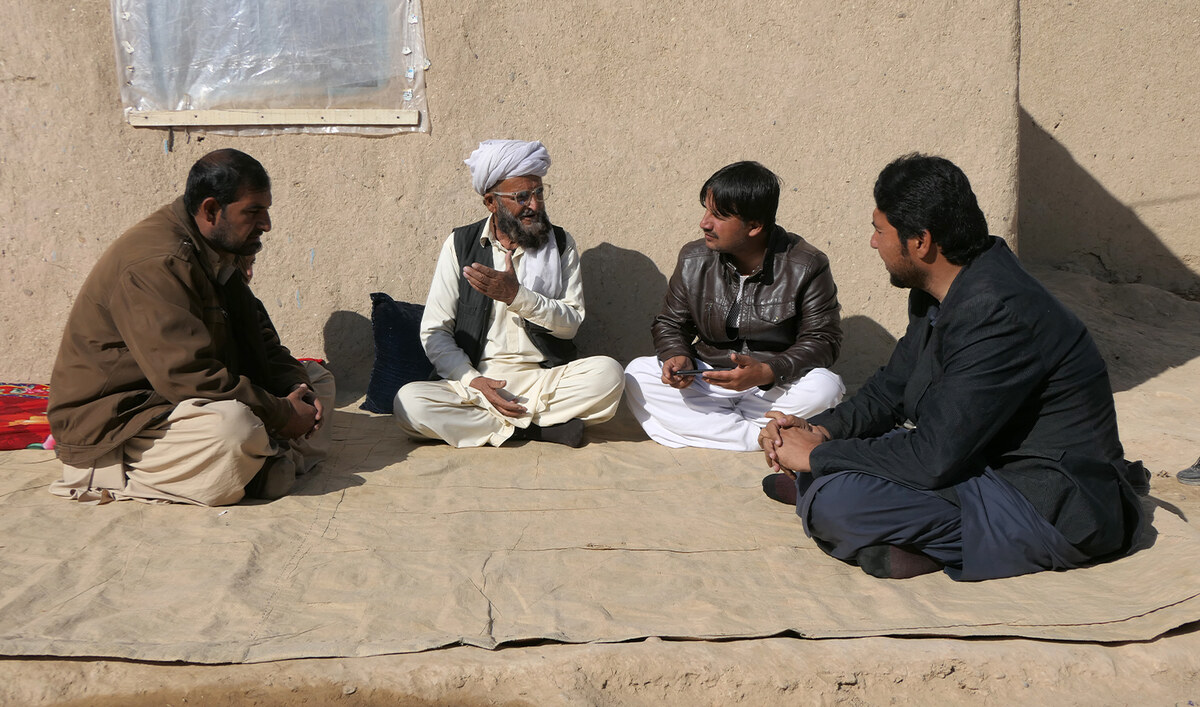ISLAMABAD: Prime Minister Shehbaz Sharif arrived in China on a five-day official trip on Tuesday seeking to woo investors and enhance economic cooperation with China, saying he was hopeful his visit would give fresh impetus to bilateral ties and inaugurate a new phase of a multibillion-dollar joint corridor project.
At the top of the agenda of Sharif’s June 4-8 visit will be upgrading and enhancing the China-Pakistan Economic Corridor (CPEC), a flagship of Beijing’s Belt and Road Initiative and through which it has pledged over $60 billion in Pakistan. Various power and infrastructure projects have already been built in Pakistan under the CPEC scheme but the implementation of various projects has slowed in recent months.
Security of Chinese workers in Pakistan is also expected to come under discussion, weeks after five Chinese workers and their Pakistani driver were killed on Mar. 26 on their way to the Dasu hydropower project in Pakistan’s northwestern Khyber Pakhtunkhwa province. Beijing is pressing Islamabad to guarantee the safety of Chinese organizations and personnel working there.
Sharif arrived in China’s Shenzhen city where he was welcomed by Vice Mayor Luo Huanghao, a statement from the Prime Minister’s Office (PMO) said. Shenzhen is the Pakistani premier’s first stop for a business forum, followed by visits to Xi’an and Beijing as well as to economic and agricultural zones in China. During the visit, Sharif will meet Xi, Premier Li Qiang and the chairman of the Standing Committee of the National People’s Congress Zhao Leji.
The Pakistani premier attended a banquet hosted by Meng Fanli, the deputy party secretary of Guangdong’s provincial committee in Shenzhen.
“The Prime Minister noted that the deep-rooted ties between Pakistan and China were characterized by frequent engagement and dialogue at the leadership level, people-to-people contacts, cultural and educational exchanges,” the PMO said about the meeting.
Sharif lauded the impressive economic growth of China’s Guangdong province, describing Shenzhen as “a trade gateway for China’s business linkages with Pakistan.”
The two sides agreed to explore opportunities for increased cooperation between Pakistan and Guangdong province, particularly under CPEC, the PMO said. They stressed on exchanges between scientists, innovators and businessmen to harness true potential for partnership in science and technology, trade and economic cooperation.
“They also agreed that Pakistan-China Business Conference to be held tomorrow can make an important contribution in this regard,” Sharif’s office said.
Before embarking on the trip, Sharif said China shared an “eternal friendship” with Pakistan and that the two countries trust each other since day one.
“We discuss all issues like a family through mutual consultations,” the Pakistani prime minister said in a video message.
Sharif said CPEC had brought “immense prosperity” in Pakistan, giving the example of power projects that had rejuvenated local industries and agriculture.
“Our visit today will set another high trajectory for this friendship,” he added. “And it will usher CPEC into a new era.”
Pakistan’s foreign office spokesperson said Sharif’s visit would also feature meetings with corporate executives of leading Chinese companies dealing in oil and gas, energy, ICT [information and communication technology], and emerging technologies.
B2B MEETINGS
In a video message ahead of his departure for China, Planning Minister Ahsan Iqbal said a large number of Pakistani and Chinese companies would be participating in a business forum being held on Wednesday, June 5, in Shenzhen.
“During the business forum, MoUs and agreements for cooperation and partnership between Pakistan and Chinese companies will be signed,” Ahsan said.
The information ministry said 79 Pakistani companies were visiting China for business-to-business meetings and to attend the business forum.
“The Pakistani delegation has arrived for business-to-business meetings in Shenzhen, China,” the information ministry said. “Representatives of 79 Pakistani companies will meet Chinese companies. The Prime Minister will also participate in the business forum and hold talks.”
The PM’s China visit comes at a time when Pakistan is looking to boost foreign investment to support its fragile economy after averting a default last year, thanks to a $3 billion International Monetary Fund (IMF) bailout.
Chinese investment and financial support since 2013 have been key for the South Asian nation’s struggling economy, including the rolling over of loans so that Islamabad is able to meet external financing needs at a time its foreign reserves are critically low.




















